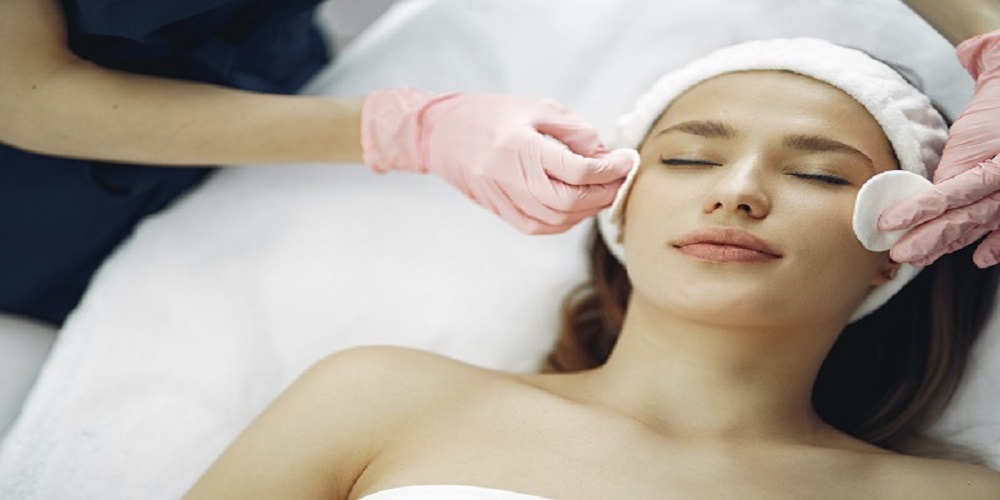You’ve probably heard the term “beauty sleep,” but have you ever wondered why it’s so important? Sleep plays a crucial role in maintaining your skin’s health. But what happens when you can’t sleep? Could insomnia, or lack of sleep, lead to your skin aging faster? In this article, we’ll dive deep into the connection between sleep, or lack thereof, and the health and youthfulness of your skin. Sleep plays a crucial role in maintaining your skin’s health. here we will talk about that Insomnia Lead to Premature Skin Aging

How Does Insomnia Lead to Premature Skin Aging?
Insomnia Disrupts Your Skin’s Repair Time
When you sleep, your skin works, repairing any damage from the day. It could be from the sun, pollution, or other factors. But if you have insomnia, this repair time gets cut short. It means damage might not get fully fixed, which can lead to your skin aging faster.
Lack of Sleep Reduces the Skin’s Protective Barrier
Sleep is essential for keeping your skin’s barrier strong. Also, you can shop beauty products online to protect your skin from harmful bacteria and make it glowing. If you’re not getting enough sleep, your skin’s barrier might weaken, leading to damage and aging.
Lack of Sleep Can Cause Dehydration of Skin
During sleep, your body balances its hydration. It recovers moisture that it might have lost during the day. But if you’re not sleeping enough, this process can be interrupted. Your skin might not get all the moisture it needs, making it dry and leading to wrinkles.
Insomnia Can Increase Stress Hormones
If you’re not sleeping well, your body can produce more stress hormones. These hormones can break down collagen in your skin. Collagen is essential for keeping your skin smooth and elastic. Without enough collagen, your skin can start to wrinkle.
Insomnia Can Lead to Poor Circulation
Good sleep helps keep your blood circulation healthy. When you have good circulation, your skin cells get plenty of oxygen and nutrients. If you have insomnia, your circulation might be affected, which could starve your skin cells and speed up aging.
Lack of Sleep Can Increase Inflammation
Insomnia can increase inflammation in your body. This inflammation can damage your skin cells, including those that produce collagen. It can lead to your skin aging faster than it usually would.
Sleep Deprivation Leads to Dark Circles and Puffy Eyes
You’ve probably noticed dark circles and puffy eyes after a bad night’s sleep. It happens because your body retains more water when you sleep poorly. Over time, this puffiness and discoloration can lead to permanent lines and wrinkles. You need to sleep on time to avoid dark circles and puffy eyes.
Ending Notes
So, as it turns out, a good night’s sleep is more than just resting – it’s a vital part of keeping your skin young and healthy. Insomnia can disrupt this process and speed up skin aging. Now that you know the importance of sleep for your skin, make it a priority. Take steps towards better sleep habits. Your skin will thank you, and you’ll enjoy the benefits of looking and feeling younger.